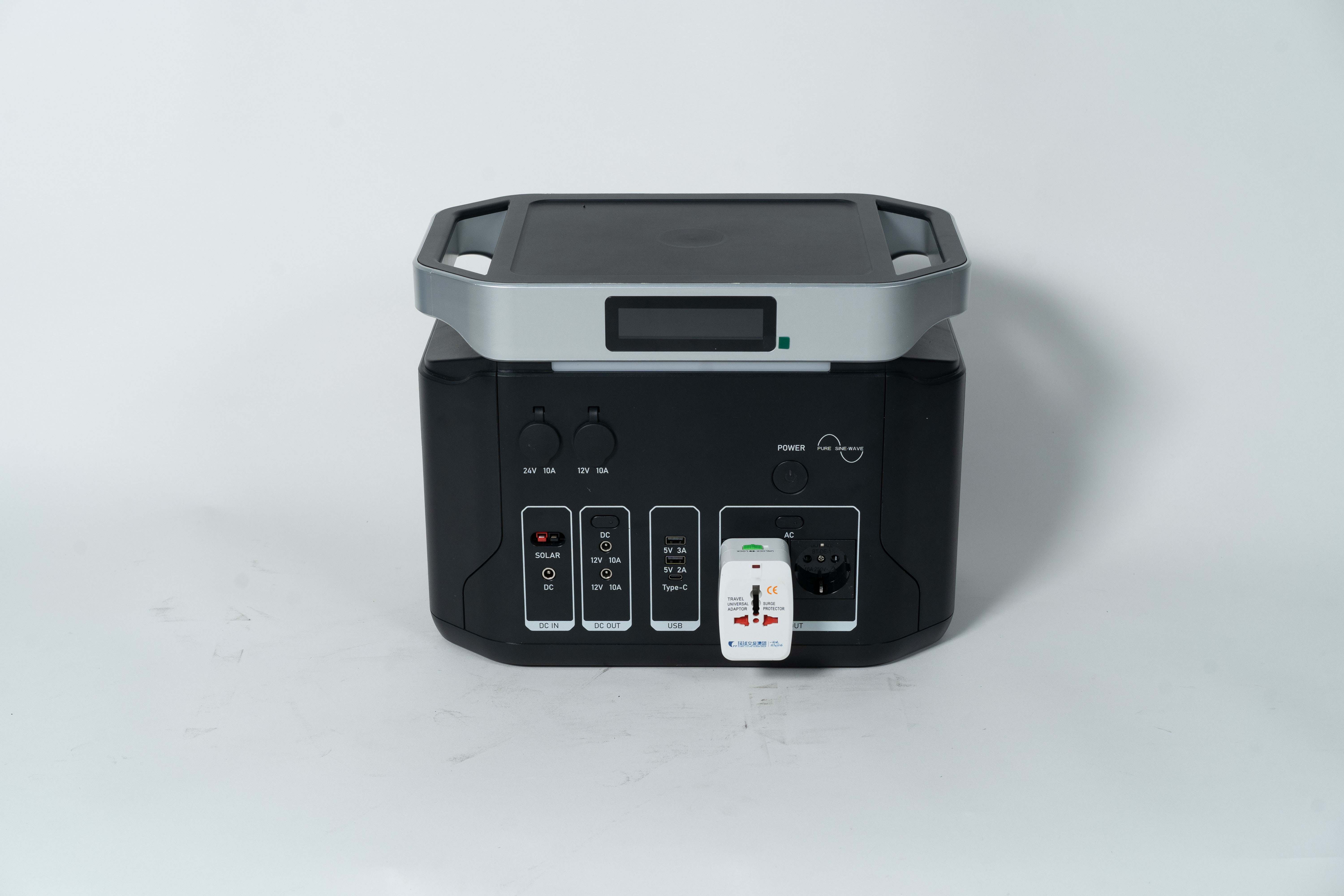Uninterruptible Power Supply (UPS) batteries are a critical component of any electrical system, providing backup power during outages and ensuring the continuity of operations. As these batteries are vital for the protection of equipment and data, it is essential to understand their maintenance requirements. This article will delve into the importance of UPS battery maintenance, discussing various aspects such as battery types, typical failure modes, and comprehensive maintenance strategies.

Understanding UPS Batteries: UPS batteries are designed to provide temporary power when the main supply is cut off. They are typically composed of lead-acid or lithium-ion cells, each with its own set of maintenance requirements. Lead-acid batteries are the traditional choice, while lithium-ion batteries offer higher energy density and longer lifespan.
Common Failure Modes: To effectively maintain UPS batteries, it is crucial to be aware of the common failure modes. These include:
a. sulfation: Accumulation of lead sulfate crystals on the battery plates, reducing battery capacity. b. undercharging: Insufficient charging can lead to decreased battery performance and shortened lifespan. c. overcharging: Excessive charging can cause battery degradation and reduce overall efficiency. d. overheating: High temperatures can accelerate battery aging and decrease performance.
Battery Maintenance Tips: To ensure optimal performance and longevity of UPS batteries, regular maintenance is essential. Here are some battery maintenance tips:
a. Monitoring battery voltage: Regularly check the battery voltage to ensure it remains within the recommended range. Deviations from the optimal voltage level may indicate underlying issues.
b. inspecting battery electrolyte levels: For lead-acid batteries, ensure the electrolyte levels are sufficient to cover the plates. Low levels may indicate excessive evaporation or drainage, requiring investigation.
c. cleaning battery terminals: Corrosion at the battery terminals can lead to poor connections and reduced performance. Regular cleaning with baking soda and water can prevent terminal degradation.
d. checking battery temperature: Monitoring battery temperature is crucial to prevent overheating. Ensure the battery is not exposed to excessive heat sources and consider installing cooling systems if necessary.
e. performing capacity tests: Regularly conduct capacity tests to assess the battery’s performance and determine if it requires replacement. A significant decrease in capacity may indicate battery degradation.
Scheduling Preventive Maintenance: Preventive maintenance is key to ensuring the reliability of UPS batteries. Establish a routine maintenance schedule, including the following activities:
a. monthly visual inspections b. quarterly voltage and electrolyte level checks c. semiannual cleaning of battery terminals and cooling systems d. annual capacity tests and evaluation
Conclusion: UPS batteries play a crucial role in maintaining operations during power outages. To ensure their reliability and longevity, regular maintenance is essential. By understanding battery types, common failure modes, and implementing comprehensive maintenance strategies, organizations can minimize the risk of battery-related downtime and protect their critical equipment and data.